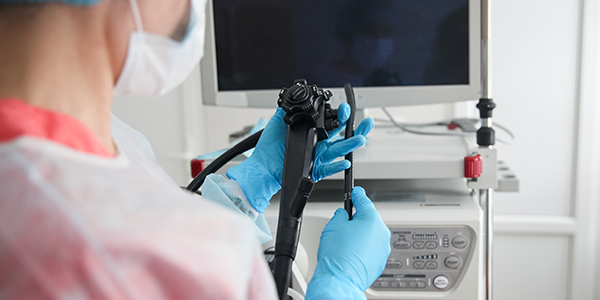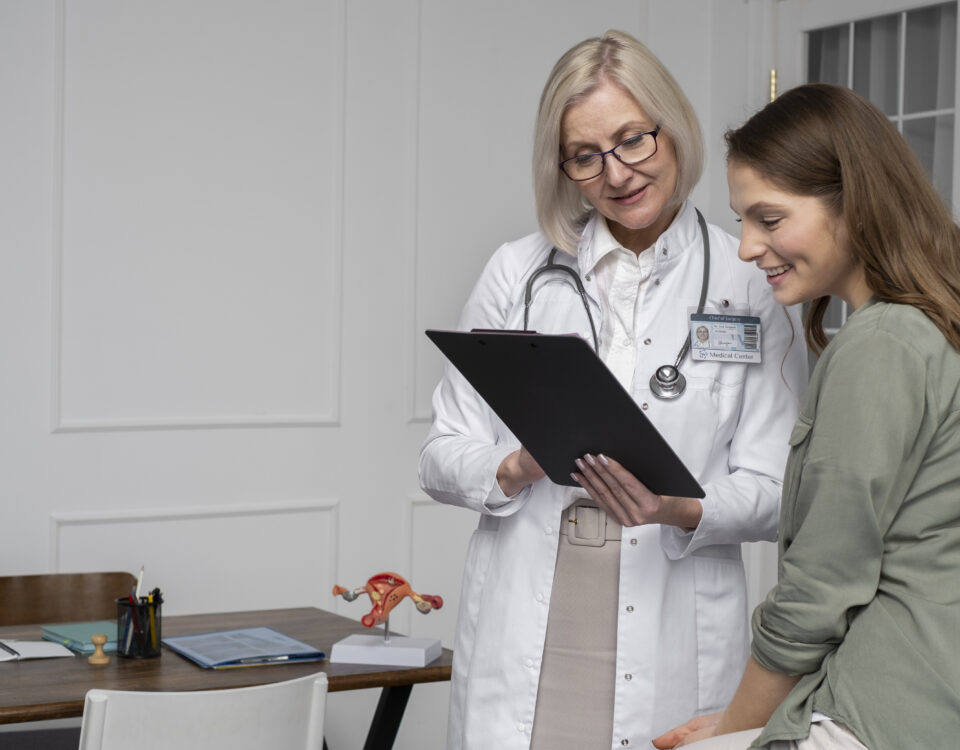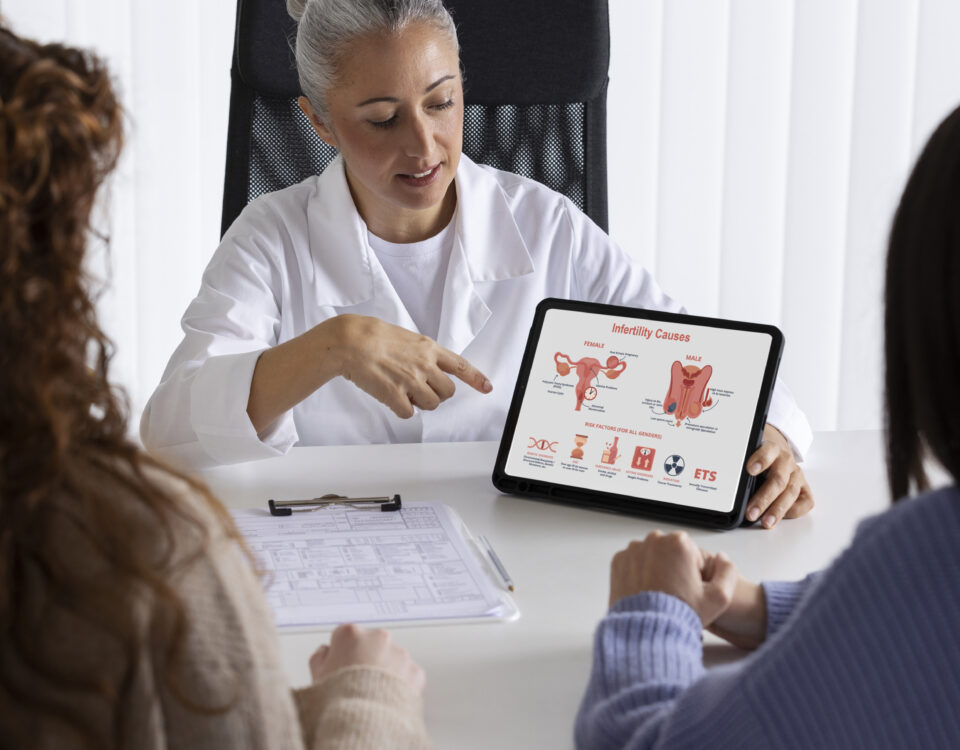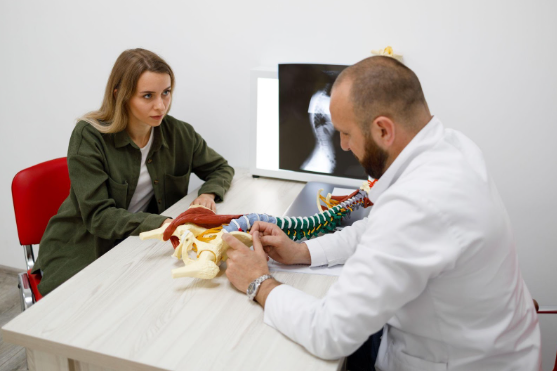All You Need to Know About Screening Colonoscopy
Discover the importance of screening colonoscopies at Vanguard Gastroenterology Clinic in New York, NY. Our expert gastroenterologists share comprehensive insights into this essential preventive procedure, addressing common questions to empower you with the knowledge needed for proactive healthcare and early detection of colorectal issues.

At Vanguard Gastroenterology Clinic, our Screening Colonoscopy service is dedicated to promoting preventive healthcare and the early detection of colorectal issues. Our team of experienced gastroenterologists emphasizes the importance of regular screening to safeguard your digestive health and overall well-being.
Understanding Screening Colonoscopy
A screening colonoscopy is a preventive procedure recommended for individuals without any significant gastrointestinal symptoms or personal history of colorectal issues. It involves the use of a thin, flexible tube with a camera (colonoscope) to examine the entire colon and rectum. The primary goal of this procedure is to detect and remove polyps or abnormal growths before they develop into colorectal cancer.
The Importance of Early Detection
Colorectal cancer is the third most common cancer in the world, but with regular screenings, it can often be prevented or caught at an early stage. A screening colonoscopy can help identify precancerous polyps or early-stage cancer, allowing for timely intervention and a higher chance of successful treatment.
Who Should Get a Screening Colonoscopy?
Screening guidelines recommend that individuals at average risk of colorectal cancer should begin screening at age 45 or earlier, depending on family history or other risk factors. If the initial colonoscopy is normal, subsequent screenings are usually performed every ten years. Individuals with a family history of colorectal cancer or certain risk factors may need more frequent screenings.
Preparing for the Procedure
Before the screening colonoscopy, your gastroenterologist will provide you with detailed instructions on how to prepare for the procedure. This typically involves dietary restrictions and bowel preparation to ensure a clear view of the colon during the examination.
Expert Colonoscopy Procedure
At Vanguard Gastroenterology Clinic, we take pride in our skilled team of gastroenterologists who perform screening colonoscopies with precision and care. During the procedure, you will be under sedation to ensure your comfort and the colonoscope will be gently inserted through your rectum to visualize the colon lining.
Post-Screening Care and Follow-Up
After the screening colonoscopy, you will be monitored until the sedation wears off. For recovery support, we also offer IV Therapy at our Midtown location, which can be beneficial for hydration and nutritional replenishment. Most patients can resume regular activities within a day. If polyps or abnormalities are detected, your gastroenterologist will discuss the findings with you and recommend any necessary follow-up care or surveillance.
Take Control of Your Digestive Health
A screening colonoscopy is a vital tool for early detection and prevention of colorectal cancer. If you are due for a screening or have concerns about your digestive health, schedule a consultation at Vanguard Gastroenterology Clinic. Our expert team is committed to providing you with comprehensive insights and personalized care to help you maintain optimal digestive health.
Frequently Asked Questions (FAQs)
Who should undergo a screening colonoscopy?
Screening colonoscopies are recommended for individuals at average risk of colorectal cancer starting at age 45 or earlier, depending on family history or other risk factors. Individuals with a family history of colorectal cancer or certain risk factors may need earlier or more frequent screenings.
How often should I get a screening colonoscopy?
If the initial colonoscopy is normal, subsequent screenings are usually performed every ten years. However, the frequency of screenings may vary depending on individual risk factors and family history.
How do I prepare for a screening colonoscopy?
Your gastroenterologist will provide you with specific instructions on how to prepare for the procedure, which often involves dietary restrictions and bowel preparation to ensure a clear view of the colon during the examination.
Is a screening colonoscopy painful?
No, a screening colonoscopy is not painful. You will be under sedation during the procedure, ensuring your comfort and relaxation.
What happens during a screening colonoscopy?
During the procedure, a colonoscope (a thin, flexible tube with a camera) is inserted through the rectum to visualize the colon lining. If polyps or abnormalities are found, they can often be removed during the same procedure.
Are there any risks associated with a screening colonoscopy?
While screening colonoscopies are generally safe, there are some potential risks, including bleeding or perforation of the colon. However, these complications are rare and carefully managed by the gastroenterologist.
What should I expect after the screening colonoscopy?
After the procedure, you will be monitored until the effects of the sedation wear off. Most patients can resume regular activities within a day.




